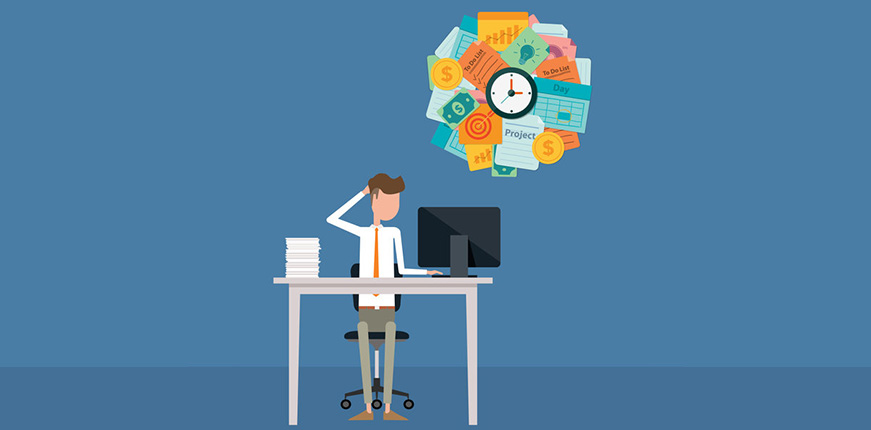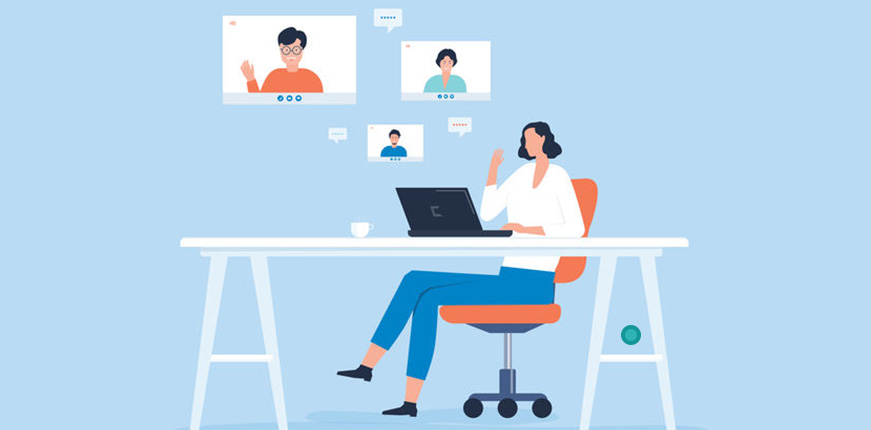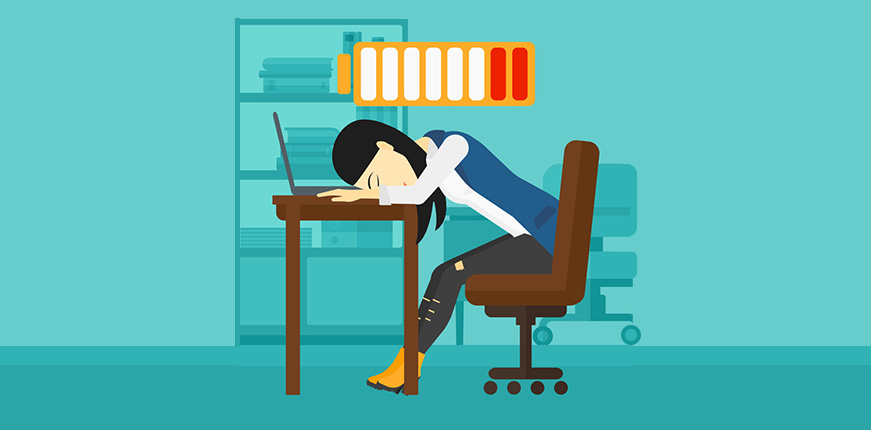Working after hours answering an email here or there does not make us more productive. We need to set boundaries between work and home to make sure that we have some time to refresh and re-energise our brain for the next day at work.[su_spacer]
Is the first thing you do in the morning is check your email – even before you get out of bed? Then you are like 52% of Americans who check their emails before and after work, and 53% who check emails during the weekend. While on vacation people can’t leave email alone with 44% checking in. Our grandparents fought hard for a 40 hour work week and now we seem to be on 24/7, always connected, with work always on our mind. So why are we doing this?
1) Sucking up
A certain percentage of people answering emails after hours are trying to prove they are working hard. A survey from the other side of the Atlantic, 31% of UK workers admitted to sending emails outside office hours to impress their boss that they are working long hours. The “competitive overtime” is a tactic in some cultures, especially in times of high job insecurity, to prove that you’re productive. But as we see below busy does not equal productive.
2) Addiction
Answering emails at all hours can give a feeling that you are important and busy, and your brain give a small dopamine kick (just like you get when exercising) when you feel you’ve done well. The sound of the bing email alert becomes your call to respond and answering becomes your reward. People get addicted to their email the same way that casinos and video games are addictive. But the problem with any addiction, is that you lose control.
But for many people they’re not addicted or sucking up, but they truly believe that answering emails after hours and on vacation makes them more productive. They think if get through many of their emails they should have more time for “real work” when they are back in the office.
So the real question is – does answering your email outside office hours make you more productive?
Being busy is not the same as being productive
An interesting experiment with management consultants at Boston Consulting Group, an industry known for long hours, showed that requiring consultants to take one evening off a week actually improved their productivity, job satisfaction and communication in the team. A study of British Civil Servants (quite the opposite culture from management consultants) showed that those who worked longer hours actually performed worse on a series of cognitive tests. So across industries longer hours doesn’t improve your productivity or brain power.
The neuroscience behind this shows our brains need time to refresh and recharge. By constantly being on-line, you are thinking about work, even when you’ve stopped answering your emails. You are more likely to be ruminating and worrying about work not giving your brain a chance to refresh.
Set some boundaries
I’m not going to recommend never work after hours, but I do recommend that you put boundaries around it. Don’t constantly multi-task and interrupt your other activities to respond to the latest message or email. When you are eating – enjoy the taste of the food, the company of the people you are with, the moment right there and then. Set aside a time that you will work, then be productive and really focused. Then switch off the technology and refresh your brain by doing something that takes your mind away from work. You’ll be more productive when you start working again the next day. It is about you being in control, not the device controlling you. Watch this video to hear more about setting boundaries.


